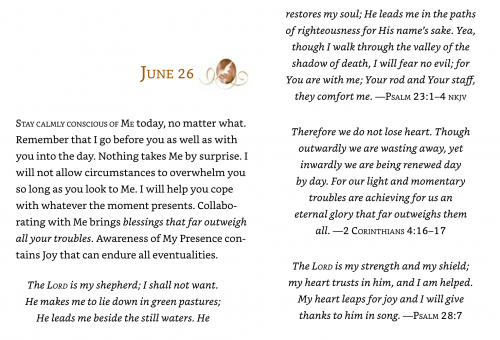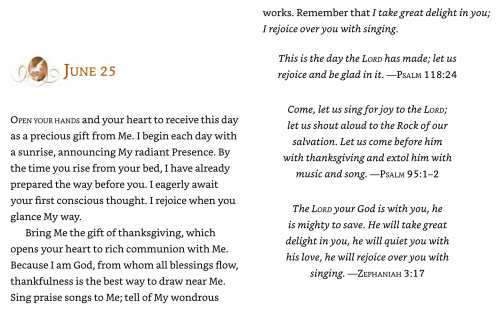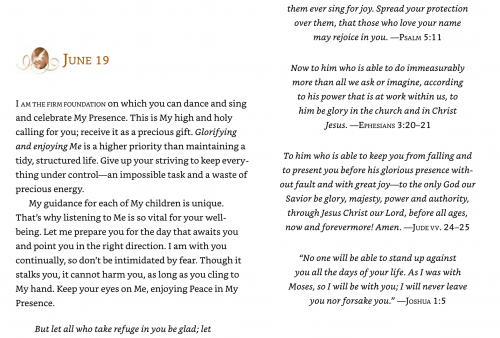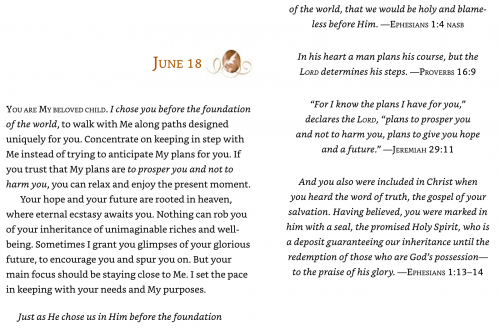Embracing Enoughness
Tuesday, June 30, 2020
I have just three things to teach: simplicity, patience, compassion. —Lao Tzu
Most of us have grown up with a capitalist worldview which makes a virtue and goal out of accumulation, consumption, and collecting. It has taught us to assume, quite falsely, that more is better. But it’s hard for us to recognize this unsustainable and unhappy trap because it’s the only game in town. When parents perform multiple duties all day and into the night, it is the story line that their children surely absorb. “I produce therefore I am” and “I consume therefore I am” might be today’s answers to Descartes’ “I think therefore I am.” These identities are all terribly mistaken, but we can’t discover the truth until we remove the clutter.
The course we are on assures us of a predictable future of strained individualism, environmental destruction, severe competition as resources dwindle for a growing population, and perpetual war. Our culture ingrains in us the belief that there isn’t enough to go around, which determines most of our politics and spending. In the United States there is never enough money for adequate health care, education, the arts, or even basic infrastructure. At the same time, the largest budget is always for war, bombs, and military gadgets. I hope we can all recognize how the tragic consequences of these decisions are being played out right now.
E. F. Schumacher (1911–1977) said years ago, “Small is beautiful,” and many other wise people have come to know that less stuff invariably leaves room for more soul. In fact, possessions and soul seem to operate in inverse proportion to one another. Only through simplicity can we find deep contentment instead of perpetually striving and living unsatisfied. Simple living is the foundational social justice teaching of Jesus, Francis and Clare of Assisi, Dorothy Day, Pope Francis, and all hermits, mystics, prophets, and seers since time immemorial.
Franciscan spirituality asks us to let go, to recognize that there is enough to go around and meet everyone’s need but not everyone’s greed. A worldview of enoughness will predictably emerge in us as we realize our naked being in Godinstead of thinking that more of anything or more frenetic doing can fill up our infinite longing and restlessness. Francis did not just tolerate or endure simplicity; he loved it and called it poverty. Francis dove into simplicity and found his freedom there. This is hard for most of us to even comprehend. Thankfully, new monastics like Tessa Bielecki, Shane Claiborne, and Adam Bucko illustrate how this is still possible even in our modern world.
Francis knew that climbing ladders to nowhere would never make us happy nor create peace and justice on this earth. Too many have to stay at the bottom of the ladder so we can be at the top. Living simply helps level the playing field and offers abundance and enoughness to all, regardless of our status or state of belonging to religion or group.
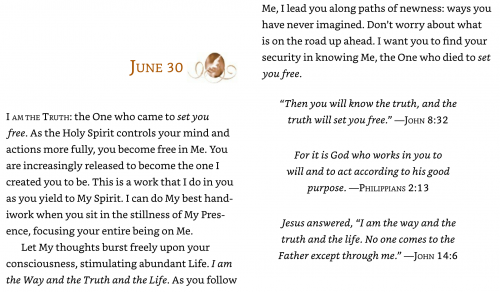
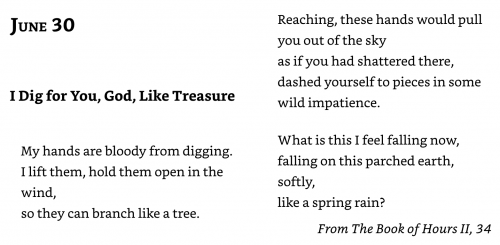
Story from Our Community:
I run a food pantry in . . . Massachusetts. During the pandemic, the number of families we serve has doubled, and so has the tonnage of food we distribute. At times the task can be daunting. The readings and resulting prayers [of the Daily Meditations] have shifted my thinking. I no longer think of our work as service, but as an act of solidarity, of becoming one with our neighbors. Service implies a vertical relationship, one above another. Solidarity calls for a horizontal, two-way relationship between equals, one to one. Of course, God is at the center of it all. —Tom M.
